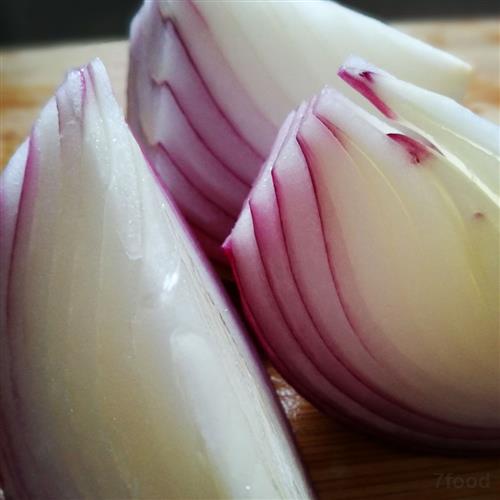What constipation eats to strengthen gastrointestinal motility
Constipation can increase the body's toxins, cause the body's metabolic disorders, endocrine disorders and trace elements are not balanced, resulting in skin pigmentation, pruritus, looking minimalistic, dry hair, and produce melasma, acne and acne.
Second, constipation also increases the risk of cancer in the disease. Constipation can also cause mild toxemia symptoms, such as loss of appetite, apathy, dizziness, fatigue, and long-term causes of anemia and malnutrition. For women, constipation can cause abnormal development of breast tissue cells, increase the possibility of breast cancer induction, the probability of breast cancer in women who defecate daily is 5%, and the probability of breast cancer in women who defecate less than 2 times per week is 25 %.

What does constipation eat?
1, foods rich in dietary fiber
Dietary fiber is divided into two types: water-soluble and insoluble. The former can soften the feces, increase the number of intestinal probiotics, and adjust the microecological balance in the human body; the latter can absorb water in the intestinal tract to stimulate the intestinal wall and accelerate intestinal peristalsis. Absorb harmful substances and excrete them.
Foods rich in these two kinds of dietary fiber are various kinds of coarse grains, such as brown rice, red beans, mung beans, kidney beans, etc., bacteria and algae foods such as fungus, kelp, mushroom, and various fruits and vegetables such as tomatoes, burdock, and apples. Wait.
2. Asparagus, onions and other foods rich in oligosaccharides
Oligosaccharides, also known as oligosaccharides, are a type of carbohydrate that have a relatively low degree of polymerization. Studies have found that oligosaccharides can increase the bifidobacteria content of breast milk and help regulate the intestinal environment.
Foods rich in oligosaccharides include garlic, coffee, corn, honey, and various kinds of soy products.
3, kimchi, fermented soy sauce and other foods rich in plant-based lactic acid bacteria
Lactic acid bacteria have the effect of regulating the intestinal environment and eliminating constipation. However, the lactic acid bacteria are divided into two categories, animal and plant, and the latter can play a role in preventing constipation.
Because the latter is more acid-resistant than the former, it can reach the intestinal tract and play its role, and the survival rate of the latter in the intestine is 10 times that of the former.
4, rich in vitamin B food
Contains B-vitamin-rich foods, can promote the secretion of digestive juice, maintain and promote intestinal peristalsis, is conducive to defecation.
B-vitamin-rich foods include coarse grains, yeast, beans and their products. In vegetables, spinach, cabbage, contains a lot of folic acid, has a good laxative effect.
5. Foods that can increase fat supply
Appropriate increase in high-fat foods, vegetable oil can directly moisten the intestines, and the decomposition products of fatty acids stimulate peristalsis.
The nuts of dried fruit (such as walnuts, pine nuts, various melon seeds, almonds, peach kernels, etc.) contain a lot of oil, which has the function of lubricating the intestinal tract and constipating.
6, sesame, almonds and other foods rich in magnesium
People with low magnesium intake are prone to constipation. Magnesium has the function of diarrhea and softening of feces. A moderate amount of ingestion helps to relieve laxative.
Puyang Linshi Medical Supplies Co., Ltd. , https://www.linshimedicals.com